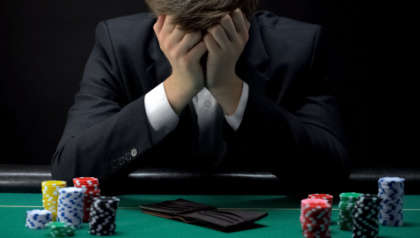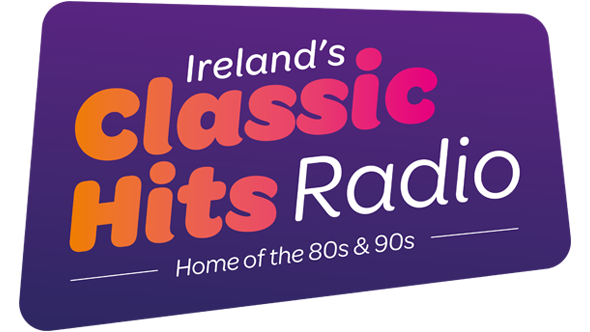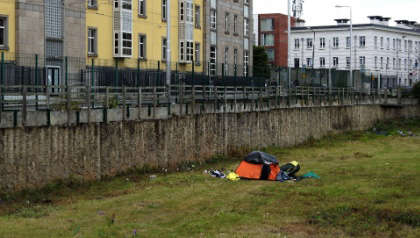
Problem gambling is more widespread than previously thought, according the latest figures from the ESRI.
This new study has indicated that 1 in 30 adults in Ireland are suffering from problem gambling, a figure which is ten times higher than a previous measure in 2019. This study was conducted anonymously, using a sample of 2,850 adults.
According to the ESRI, problem gambling accounts for 130,000 adults in Ireland, which would indicate a bigger problem than previously thought.
This study indicates that people with problem gambling have been spending €1,000 per month, meaning that over a quarter of all money spent on gambling in Ireland was spent on problem gambling, with 60% of it occurring online, while in-person gambling accounts for the rest.
The study also found that moderate evidence of problem gambling was found among a further 279,000 adults in the country.
This means that these people will suffer several negative behaviours or experiences associated with gambling, including borrowing to fund their gambling addiction. They do not quite qualify for the problem gambling category.
75% of adults spend at money on at least one form of gambling, with at third doing so online.
Lotteries and scratch cards were the most common form of gambling, followed closely by betting on horses, greyhounds, and other sports.
On this issue, a research associate of ESRI Pete Lunn, added, "It (gambling) is not all online either, more than a third of the spending of problem gamblers is in in person".
"It is spread across multiple types of gambling, you would find betting on sports, on bingo", Lunn continued. "There is a particular draw I would say for slot machines and casinos for problem gamblers, but that is a fairly small effect".
"What we are saying is that it's widespread and widespread across all forms of gambling that we measured".
"completely out of date"
James Browne, Minister of State for Law Reform, has said called his Gambling Regulation Bill an "urgent" piece of legislation, in addressing problem gambling in many ways.
According to Browne, this bill includes has an "exclusion register", which is "essential" in allowing people to control their impulses when it comes to gambling, and get the help they need if their addiction rises.
"One of the things that people who don't have the addiction or problem don't understand, is it is not about winning money, but a sense of winning is far more important, that release of dopamine. That is an essential element of it", Browne said. "Our laws are completely out of date. They're from the 1930s and 1950s. They're not fit for purpose or don't even exist in some areas".
As it stands, this gambling bill is before the Oireachtas, which sets out the framework and legislative basis for the establishment of a new, independent statutory body known as Údarás Rialála Cearrbhachais na hÉireann (the Gambling Regulatory Authority of Ireland).
It is set to complete its journey through the Oireachtas this year.


 Operation Transformation To End After 17 Seasons
Operation Transformation To End After 17 Seasons
 The Script Announce New Album And Tour
The Script Announce New Album And Tour
 Dublin 'Portal' May See Changes Due To 'Inappropriate Behaviour'
Dublin 'Portal' May See Changes Due To 'Inappropriate Behaviour'
 Smoking Age Set To Rise To 21 Under New Legislation
Smoking Age Set To Rise To 21 Under New Legislation
 30 More Tents Pitched Along Dublin's Grand Canal
30 More Tents Pitched Along Dublin's Grand Canal